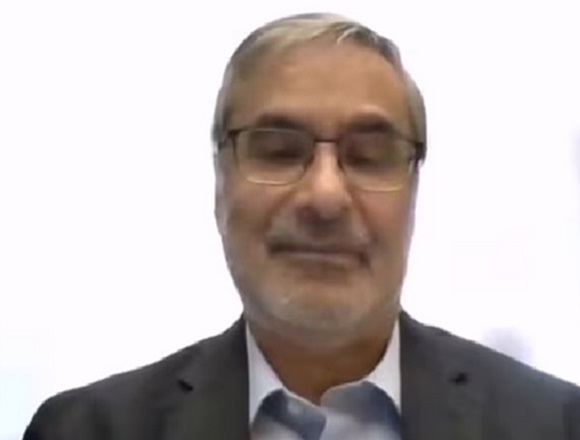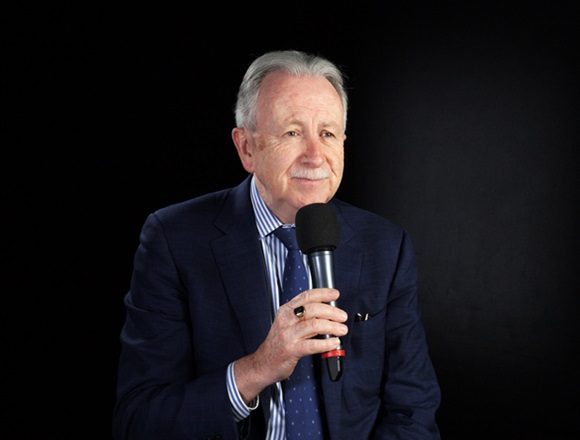References
Pereira AJ, Noritomi DT, Dos Santos MC, et al. Effect of Tele-ICU on Clinical Outcomes of Critically Ill Patients: The TELESCOPE Randomized Clinical Trial. JAMA. 2024 Oct 9:e2420651. doi: 10.1001/jama.2024.20651. Epub ahead of print. PMID: 39382244; PMCID: PMC11581649.Background: Telemedicine is widely employed in many clinical settings, with increased use during and after the pandemic. However, evidence as to its benefits is limited. This study assessed whether telemedicine use in an intensive care unit (ICU) setting could improve clinical outcomes of critically ill adult patients.
Methods: The study design was a parallel cluster randomized clinical trial involving consecutive adult patients admitted to 30 general ICUs in Brazil. There were two study phases: the first was a baseline period, in which performance indicators for eligible ICUs were collected without any intervention. After the observational period, the ICUs were randomly assigned to either the tele–critical care or the usual care group. In the tele–critical care group, daily multidisciplinary rounds (during weekdays only) and monthly audit and feedback meetings were conducted by a remote board-certified intensivist for discussion of ICU performance indicators and provision of evidence-based clinical protocols. In the usual care group, daily multidisciplinary rounds performed by board-certified intensivists were not routinely available.
The primary study outcome was patient length of stay in the ICU, while secondary outcomes included ICU efficiency, in-hospital mortality, incidence of central line–associated bloodstream infections, ventilator-associated events, catheter-associated urinary tract infections, ventilator-free days at 28 days, patient-days receiving oral or enteral feeding, patient-days under light sedation, and rate of patients with oxygen saturation values under that of normoxemia.
Results: There were 17,024 patients included (mean age, 61 years; 55.3% men), comprising 1794 in the baseline period and 15,230 in the intervention period. The median (interquartile range [IQR]) Sequential Organ Failure Assessment (SOFA) score was 6 (2-9), and 45.5% of patients required mechanical ventilation upon admission to the ICU. The median (IQR) time under intervention was 20 (16-21) months. Mean ICU length of stay, adjusted for baseline assessment, did not differ significantly between the telemedicine and usual care groups (8.1 vs 7.1 days; percentage change, 8.2% [95% CI, -5.4 to 23.8]). The results did not differ in sensitivity analyses and prespecified subgroups. There were no statistically significant differences in any other secondary or exploratory outcomes.
Conclusions: The authors concluded that daily multidisciplinary rounds conducted by a board-certified intensivist through telemedicine did not reduce the ICU length of stay in critically ill patients.
 English
English
 Español
Español
 українська
українська











